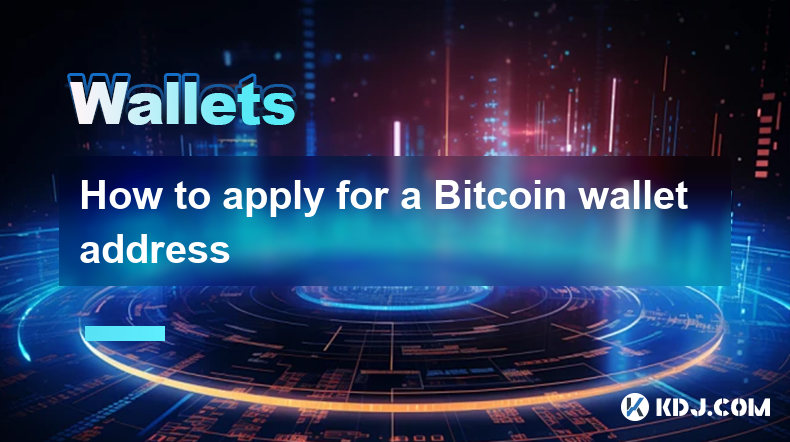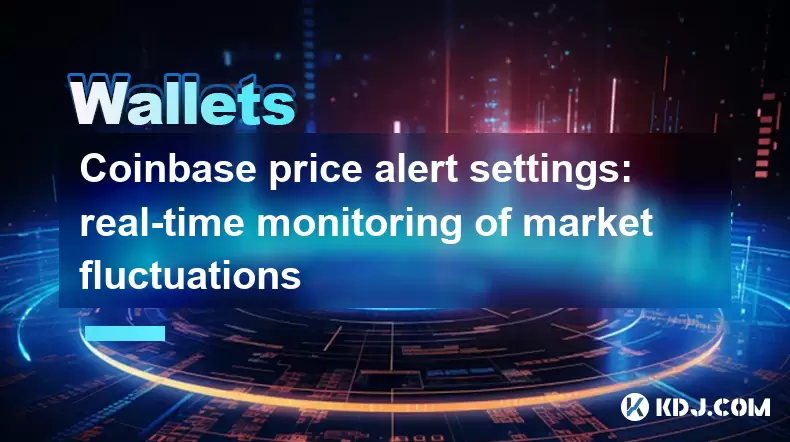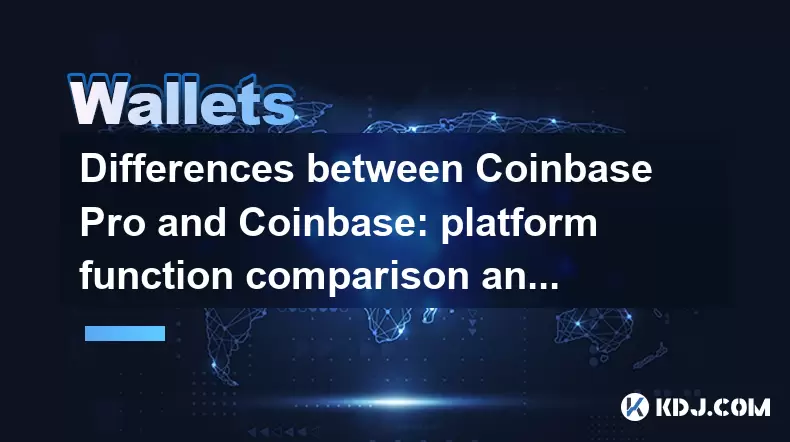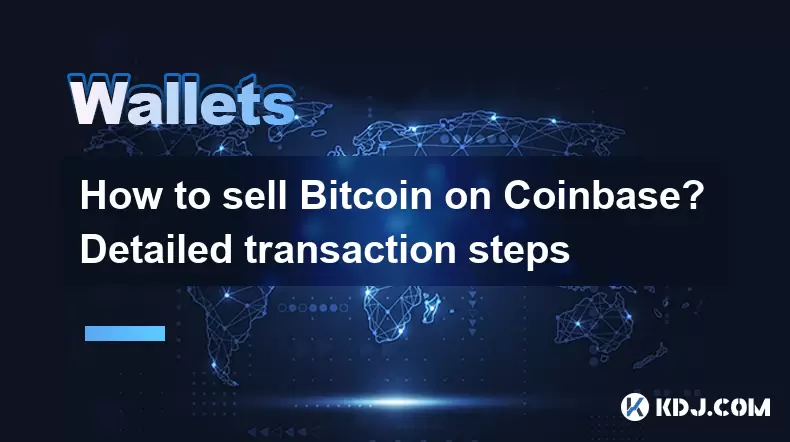-
 Bitcoin
Bitcoin $108,165.4587
0.78% -
 Ethereum
Ethereum $2,456.3517
1.15% -
 Tether USDt
Tether USDt $1.0003
0.00% -
 XRP
XRP $2.1934
0.05% -
 BNB
BNB $650.0935
0.52% -
 Solana
Solana $151.3905
2.69% -
 USDC
USDC $0.9998
0.00% -
 TRON
TRON $0.2751
-0.32% -
 Dogecoin
Dogecoin $0.1640
0.87% -
 Cardano
Cardano $0.5631
0.57% -
 Hyperliquid
Hyperliquid $38.7115
4.69% -
 Bitcoin Cash
Bitcoin Cash $493.1868
-0.39% -
 Sui
Sui $2.8217
3.61% -
 Chainlink
Chainlink $13.3994
2.08% -
 UNUS SED LEO
UNUS SED LEO $9.1632
0.94% -
 Avalanche
Avalanche $18.0318
1.97% -
 Stellar
Stellar $0.2388
0.35% -
 Toncoin
Toncoin $2.8763
1.41% -
 Shiba Inu
Shiba Inu $0.0...01160
1.59% -
 Litecoin
Litecoin $86.6393
1.29% -
 Hedera
Hedera $0.1485
0.16% -
 Monero
Monero $315.7948
1.56% -
 Polkadot
Polkadot $3.4240
1.88% -
 Bitget Token
Bitget Token $4.6314
-0.44% -
 Dai
Dai $0.9998
-0.01% -
 Ethena USDe
Ethena USDe $1.0002
-0.01% -
 Uniswap
Uniswap $7.2110
2.59% -
 Aave
Aave $270.6087
6.07% -
 Pi
Pi $0.5350
0.52% -
 Pepe
Pepe $0.0...09545
1.26%
How to apply for a Bitcoin wallet address
To obtain a Bitcoin address, create or use a wallet like Electrum, Ledger, or Coinbase; each type offers different security levels and setup processes.
Apr 02, 2025 at 12:56 pm

Applying for a Bitcoin wallet address isn't quite the right phrasing. You don't "apply" for one; you create or obtain one. A Bitcoin wallet address is simply a unique identifier, like an email address, that allows you to receive and send Bitcoin. Think of it as your Bitcoin bank account number. This article will explain how to obtain one, clarifying the various methods and associated considerations.
Understanding Bitcoin Wallet Types
Before diving into obtaining an address, understanding the different types of Bitcoin wallets is crucial. Choosing the right type depends on your security needs and technical proficiency.
Software Wallets: These are applications installed on your computer or mobile device. They offer varying levels of security and convenience. Examples include Electrum, Exodus, and Mycelium. Remember to download only from official sources to avoid malware.
Hardware Wallets: These are physical devices, like USB sticks, that store your private keys offline. They are considered the most secure option, offering significant protection against hacking and malware. Ledger and Trezor are popular choices. Always verify the authenticity of your hardware wallet to prevent scams.
Web Wallets: These are online services that hold your Bitcoin for you. They are convenient but generally less secure than software or hardware wallets. Examples include Coinbase and Blockchain.com. Use reputable web wallets only and be cautious about phishing attempts.
Paper Wallets: These involve printing your public and private keys on paper. While offering offline security, they are vulnerable to physical damage or theft. Store your paper wallet in a safe and secure location.
Creating a Bitcoin Wallet Address: A Step-by-Step Guide
The process for obtaining a Bitcoin address varies slightly depending on the type of wallet you choose. However, the general principle remains the same.
Using a Software Wallet (Electrum Example):
- Download and Install: Download the Electrum wallet from the official website. Ensure you're downloading from a trusted source.
- Create a New Wallet: Launch the software and follow the on-screen prompts to create a new wallet. You'll be asked to choose a wallet type (standard, multisig, etc.) and a strong password.
- Generate an Address: Once the wallet is created, it will automatically generate a Bitcoin address for you. This address is what you'll provide to others to receive Bitcoin. Always double-check the address before sending or receiving Bitcoin.
Using a Hardware Wallet (Ledger Example):
- Set up your device: Follow the instructions provided with your Ledger device to set it up and connect it to your computer.
- Install the Bitcoin App: Install the Bitcoin app on your Ledger device using the Ledger Live software.
- Receive Address: The Ledger Live software will display your Bitcoin address. You can use this address to receive Bitcoin. Never share your seed phrase with anyone.
Using a Web Wallet (Coinbase Example):
- Create an Account: Create an account on the Coinbase website or app, providing the necessary information.
- Verify your Identity: You'll likely need to verify your identity by providing identification documents.
- Bitcoin Wallet: Once your account is verified, you'll have access to a Bitcoin wallet with a corresponding address. Securely store your login credentials and enable two-factor authentication.
Security Considerations
Regardless of the wallet type, prioritize security. Never share your private keys with anyone. Losing your private keys means losing access to your Bitcoin. Use strong passwords, enable two-factor authentication where available, and be wary of phishing scams. Regularly back up your wallet to prevent data loss.
Choosing the Right Wallet
The best wallet for you depends on your needs and technical skills. Hardware wallets offer the highest security but require a slightly steeper learning curve. Software wallets provide a good balance of security and convenience. Web wallets are the easiest to use but are generally less secure.
Frequently Asked Questions
Q: Is it free to create a Bitcoin wallet address?
A: Yes, creating a Bitcoin wallet address is generally free, although some services may charge fees for other services.
Q: How many Bitcoin addresses can I have?
A: You can have as many Bitcoin addresses as you want within a single wallet. Most wallets allow you to generate new addresses easily.
Q: Can I change my Bitcoin address?
A: You can generate new addresses within your wallet, but you cannot change an existing address. Think of it like getting a new bank account number.
Q: What is the difference between a public and private key?
A: Your public key is your Bitcoin address, which you share with others to receive Bitcoin. Your private key is a secret code that allows you to access and spend your Bitcoin. Never share your private key.
Q: What happens if I lose my private key?
A: If you lose your private key, you will lose access to your Bitcoin. There is no way to recover it. This is why backing up your wallet is crucial.
Q: Are there any risks associated with using a web wallet?
A: Yes, web wallets are more susceptible to hacking and security breaches than hardware or software wallets because your private keys are stored on a server controlled by a third party. Choose reputable web wallets and prioritize security measures.
Q: How do I choose a secure Bitcoin wallet?
A: Consider factors like reputation, security features (e.g., two-factor authentication), open-source code (for transparency), and user reviews when choosing a Bitcoin wallet. Research different options before making a decision.
Disclaimer:info@kdj.com
The information provided is not trading advice. kdj.com does not assume any responsibility for any investments made based on the information provided in this article. Cryptocurrencies are highly volatile and it is highly recommended that you invest with caution after thorough research!
If you believe that the content used on this website infringes your copyright, please contact us immediately (info@kdj.com) and we will delete it promptly.
- SEI TVL Soars, Price Hints at Breakout: What's Next?
- 2025-06-29 18:30:12
- Cardano, Bitcoin Cash, Remittix: Charting the Course for Crypto's Next Big Moves
- 2025-06-29 18:50:12
- Stock Market News, Weekly Review, June 2025: A Month of Crypto, Commodities, and Corporate Maneuvers
- 2025-06-29 18:30:12
- Vitalik Buterin, Sam Altman, and the World of Digital Identity: A Delicate Balance
- 2025-06-29 19:10:15
- Crypto Diplomacy Takes Root: Pakistan's Bitcoin Reserve Ambitions
- 2025-06-29 18:55:12
- Altcoins on the Rebound? Institutional Interest Ignites Recovery Hopes
- 2025-06-29 18:55:12
Related knowledge

Coinbase price alert settings: real-time monitoring of market fluctuations
Jun 29,2025 at 07:00am
Setting Up Coinbase Price AlertsTo begin real-time monitoring of market fluctuations on Coinbase, users can utilize the built-in price alert feature. This function allows you to receive notifications when a cryptocurrency reaches a specific price point. To access this setting, open the Coinbase app or log in via the web platform. Navigate to the 'Prices...

How to stake cryptocurrencies on Coinbase? Benefits and risks
Jun 27,2025 at 06:36pm
Understanding Cryptocurrency Staking on CoinbaseStaking cryptocurrencies involves locking up digital assets to support the operations of a blockchain network, typically in return for rewards. Coinbase, one of the most popular cryptocurrency exchanges globally, offers staking services for several proof-of-stake (PoS) coins. Users can stake their holdings...

Differences between Coinbase Pro and Coinbase: platform function comparison and analysis
Jun 29,2025 at 08:21am
Overview of Coinbase and Coinbase ProWhen exploring the cryptocurrency trading landscape, users often encounter two platforms under the same parent company: Coinbase and Coinbase Pro. While both are operated by the same organization, they cater to different types of users and offer varying features. Coinbase is primarily designed for beginners and casua...

How to contact Coinbase customer service? Support channels and response times
Jun 28,2025 at 01:29pm
Contacting Coinbase Customer Service: Support Channels and Response TimesIf you're a user of Coinbase, reaching their customer service team may become necessary for various reasons, such as account verification issues, transaction disputes, or technical difficulties. Understanding the different support channels available and what to expect in terms of r...

Coinbase advanced trading function usage tutorial: limit orders and market orders
Jun 28,2025 at 09:07pm
Understanding the Difference Between Limit Orders and Market OrdersWhen using Coinbase's advanced trading features, it is crucial to understand the fundamental difference between limit orders and market orders. A market order executes immediately at the best available price on the market. This type of order ensures that your trade goes through quickly, ...

How to sell Bitcoin on Coinbase? Detailed transaction steps
Jun 29,2025 at 04:22am
Setting Up Your Coinbase Account for TransactionsBefore you can sell Bitcoin on Coinbase, you must ensure your account is fully set up and verified. Coinbase requires identity verification to comply with regulatory standards. This process involves uploading a government-issued ID, confirming your address, and sometimes submitting a selfie holding the ID...

Coinbase price alert settings: real-time monitoring of market fluctuations
Jun 29,2025 at 07:00am
Setting Up Coinbase Price AlertsTo begin real-time monitoring of market fluctuations on Coinbase, users can utilize the built-in price alert feature. This function allows you to receive notifications when a cryptocurrency reaches a specific price point. To access this setting, open the Coinbase app or log in via the web platform. Navigate to the 'Prices...

How to stake cryptocurrencies on Coinbase? Benefits and risks
Jun 27,2025 at 06:36pm
Understanding Cryptocurrency Staking on CoinbaseStaking cryptocurrencies involves locking up digital assets to support the operations of a blockchain network, typically in return for rewards. Coinbase, one of the most popular cryptocurrency exchanges globally, offers staking services for several proof-of-stake (PoS) coins. Users can stake their holdings...

Differences between Coinbase Pro and Coinbase: platform function comparison and analysis
Jun 29,2025 at 08:21am
Overview of Coinbase and Coinbase ProWhen exploring the cryptocurrency trading landscape, users often encounter two platforms under the same parent company: Coinbase and Coinbase Pro. While both are operated by the same organization, they cater to different types of users and offer varying features. Coinbase is primarily designed for beginners and casua...

How to contact Coinbase customer service? Support channels and response times
Jun 28,2025 at 01:29pm
Contacting Coinbase Customer Service: Support Channels and Response TimesIf you're a user of Coinbase, reaching their customer service team may become necessary for various reasons, such as account verification issues, transaction disputes, or technical difficulties. Understanding the different support channels available and what to expect in terms of r...

Coinbase advanced trading function usage tutorial: limit orders and market orders
Jun 28,2025 at 09:07pm
Understanding the Difference Between Limit Orders and Market OrdersWhen using Coinbase's advanced trading features, it is crucial to understand the fundamental difference between limit orders and market orders. A market order executes immediately at the best available price on the market. This type of order ensures that your trade goes through quickly, ...

How to sell Bitcoin on Coinbase? Detailed transaction steps
Jun 29,2025 at 04:22am
Setting Up Your Coinbase Account for TransactionsBefore you can sell Bitcoin on Coinbase, you must ensure your account is fully set up and verified. Coinbase requires identity verification to comply with regulatory standards. This process involves uploading a government-issued ID, confirming your address, and sometimes submitting a selfie holding the ID...
See all articles

























































































